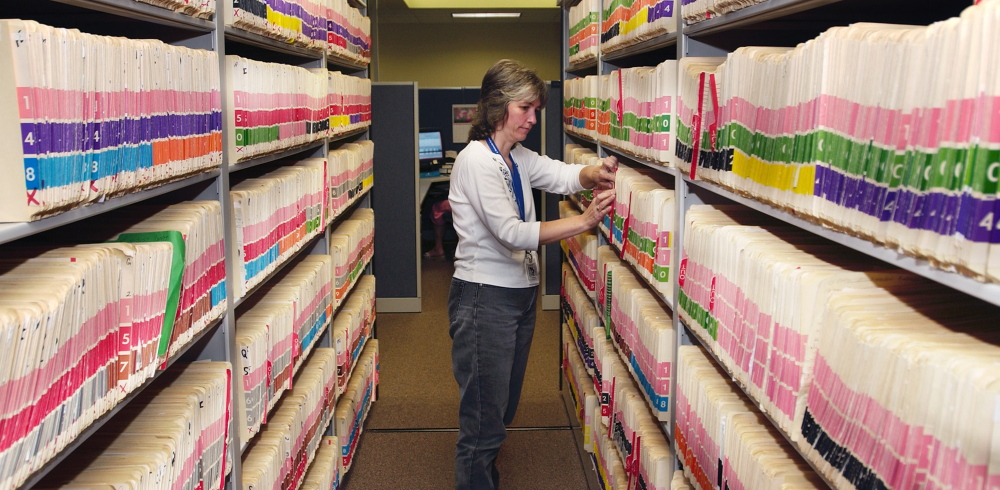If the federal government can’t get states to sign on to the Real ID law, it has only itself to blame.
All the darkest nightmares of privacy advocates who warned in the early 2000s of an Orwellian state in which everyone is under surveillance all the time have turned out to be true.
In the name of national security, the records of millions of Americans’ phone calls have been scooped up and stored in government databases. Internet traffic involving hundreds of millions of people has also been collected.
The government has done this without seeking warrants, has lied about it when confronted and would not have acknowledged the very existence of these programs if it had not been exposed by whistleblowers.
All this started under the Bush administration but has continued and maybe increased under President Obama.
So why should the people of Maine accept the federal government’s assurance that a driver’s license loaded with electronic information and connected with a database that would be accessible from any airport or motor vehicle bureau in the country won’t be used to track and record the movements of law-abiding citizens?
Why should we believe that this information will be secure and won’t be misused by hackers?
SECURITY OVERSTATED
The proponents of Real ID wave the bloody shirt of 9/11, saying that we need to know who is in the country illegally if we are going to prevent another terrorist attack. Unfortunately, using driver’s licenses are a bad way of doing that.
Motor vehicle bureau workers are not trained immigration agents and can’t be expected to do more than a cursory check of documents. Driver’s licenses are just supposed to identify drivers and confirm that they are allowed to operate a motor vehicle. Loading more information into that document asks it to do more than it was designed to do.
And the 9/11 hijackers entered the country legally. They traveled under their own names with legal documents. No driver’s license is going to reveal its holder’s intentions.
It will also never provide absolute identification without containing so much information about its holder that it becomes intrusive and dangerous.
Maine is right to resist creating a database of license-holder information that would be available nationwide.
SOME INCONVENIENCE
This may cause some inconvenience for Mainers. They may need a passport or expect longer lines at airport security counters when they travel. But this bipartisan opposition is worth it.
If the federal government wants to have a national identity card, someone should write a bill and have Congress debate it. They should explain how the information will be readily available and still be secure. They should explain how the information would only be used for national security purposes, and not be diverted to traditional police work or commercial uses.
And the federal government should pay for the program and not shift these costs onto the states.
The challenge in that debate will be the federal government’s complete lack of credibility when it comes to privacy matters. Too many officials have been lying for too long.
Copy the Story LinkSend questions/comments to the editors.



Success. Please wait for the page to reload. If the page does not reload within 5 seconds, please refresh the page.
Enter your email and password to access comments.
Hi, to comment on stories you must . This profile is in addition to your subscription and website login.
Already have a commenting profile? .
Invalid username/password.
Please check your email to confirm and complete your registration.
Only subscribers are eligible to post comments. Please subscribe or login first for digital access. Here’s why.
Use the form below to reset your password. When you've submitted your account email, we will send an email with a reset code.